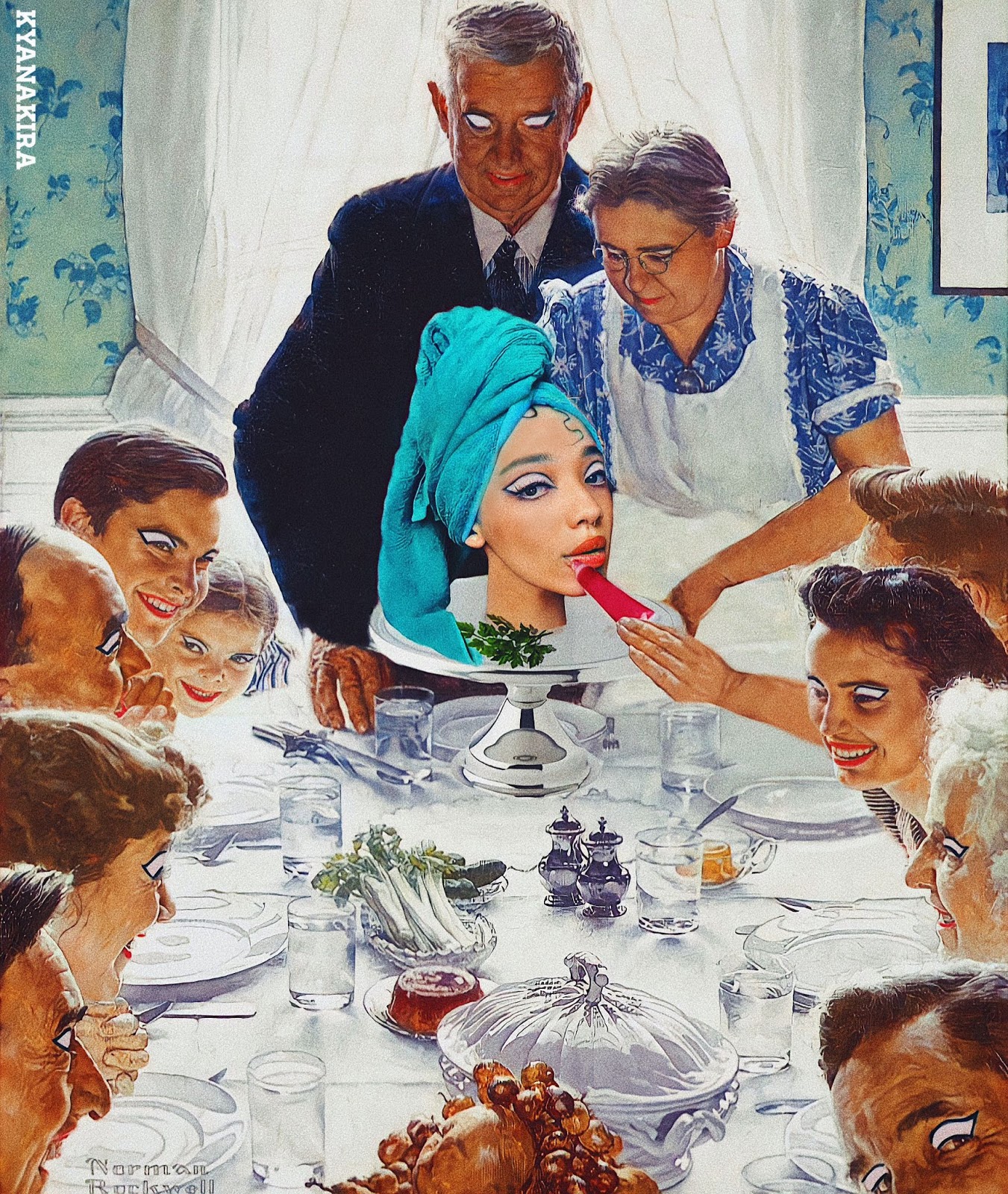The team at TLH was thrilled to receive an email from Faculty Fellow Lara Saguisag (College of Staten Island, English), who wanted to share her students projects from the semester. Connecting the work in the classroom to what’s going on in the outside world had a big impact on her students, who completed their final projects with passion and excitement. Dr. Saguisag co-led the recent event, Creating Communities of Care in our Classrooms, a must-see presentation and conversation with TLH Faculty Fellows Jason Hendrickson (LaGuardia Community College), Reiko Tahara (Hunter College), and Cheryl C. Smith (Baruch College) and students about building community to support student success.
The theme of her ENL 323 section was was Narratives of Adolescence and Environmental Justice. Students produced a website that aims to engage young people in environmental justice. It includes reviews of books/films, profiles of youth activists, environmental justice actions young people can take, and much more. Check out the website, titled Call for Change (opens in a new window).
Her ENH 209 course theme was Literatures, Technologies, and Environments. For their final project, students had a public reading of poems, letters, and research projects which you can view here:
Public Reading: ENH 209 Culminating Activity
Final projects by the students of ENH 209: Literatures and Global Cultures (Fall 2021), College of Staten Island-City University of New York. These presentations are LIT!
She writes:
“Being part of TLH has really transformed my teaching and helped me think about designing assignments that allow students to become part of larger conversations. My students drew from their experiences and knowledges and were very passionate and excited about these projects. I just wanted to share these links with you as a way of thanking you for everything you do, for all you do to advocate for transformative learning.”
Thank you, Lara, for transforming your classes!








